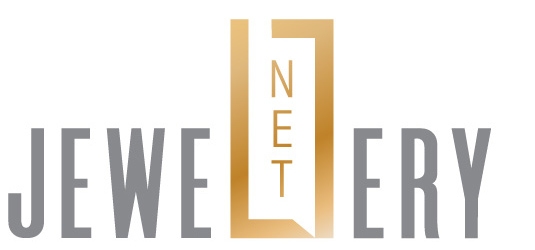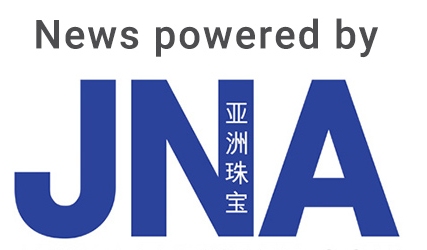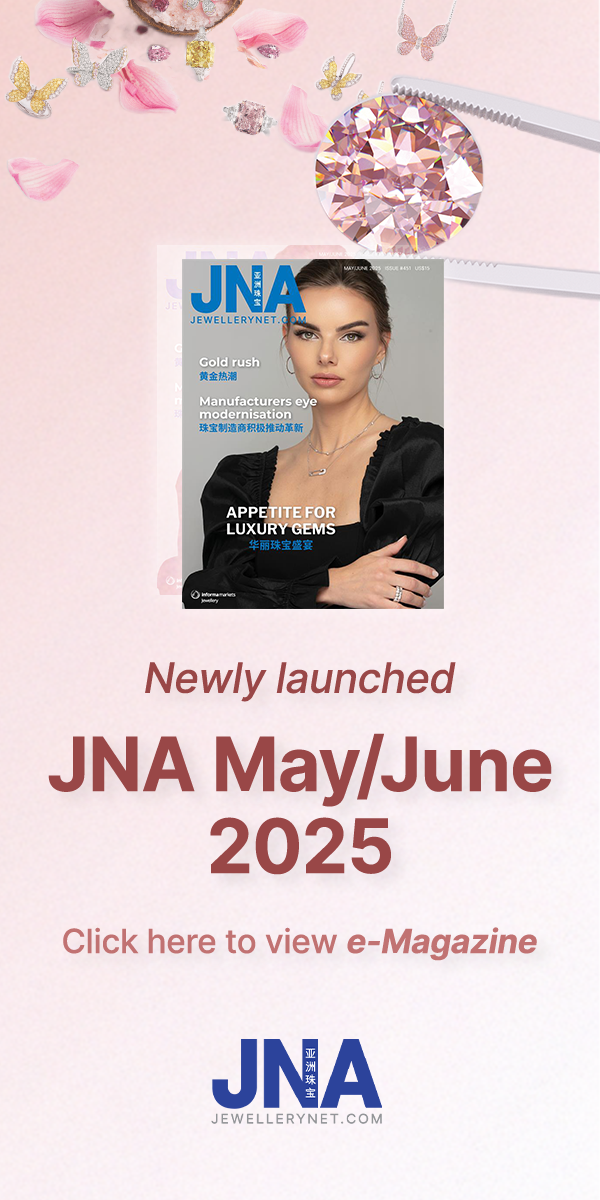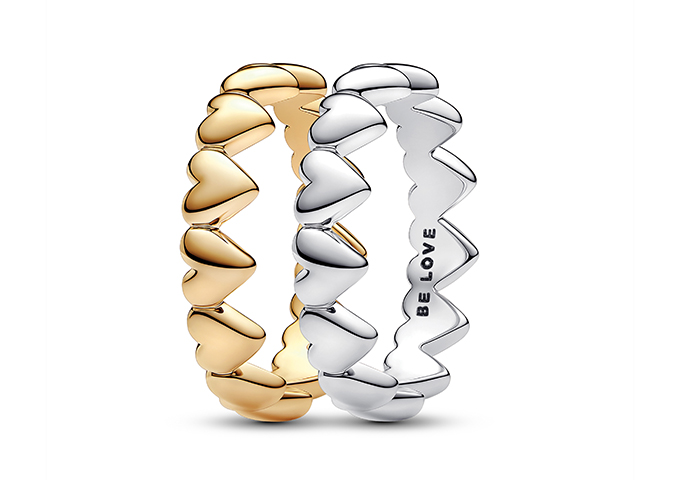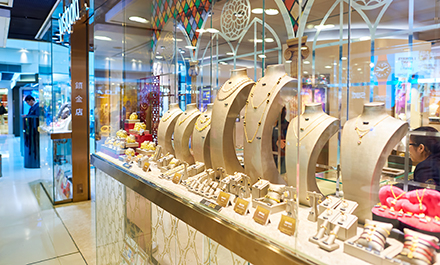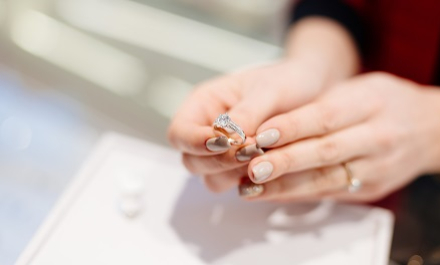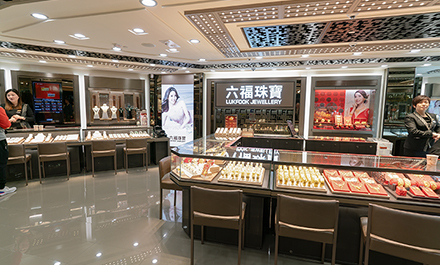Danish jeweller Pandora has fully transitioned to using 100 per cent recycled silver and gold to manufacture its jewellery, thereby cutting its carbon dioxide emissions by 58,000 tonnes per year.
This means that all new jewellery produced by Pandora is in recycled silver and gold - metals that can be recycled “forever without any loss of quality,” according to Pandora. The first of these products will appear in stores by early 2025.
“Silver and gold are our most important raw materials, and by moving to 100 per cent recycled metal, we reduce our climate impact significantly without compromising on quality or craftsmanship. This achievement is unparallelled in the industry and a major step towards a more circular business model,” said Alexander Lacik, president and CEO of Pandora.
The company said it sells more than 100 million pieces of jewellery annually, and the shift means a substantial reduction in greenhouse gas emissions since mining requires more energy and resources than recycling.
The carbon footprint of recycled silver is one-third compared to mined silver while the recycling of gold produces less than 1 per cent of carbon emissions from mining new gold, added Pandora.
“To put this into further context, if all silver and gold used by the entire jewellery industry came from recycled sources, it would avoid more than 53 million tonnes of CO2. This is similar to the annual carbon footprint of New York City,” the jeweller noted.
Pandora stopped sourcing newly mined silver and gold in December 2023 and has since worked to deplete its non-recycled inventory. In addition, it only uses lab-grown diamonds and other man-made stones such as cubic zirconia in its jewellery collections.
Luxury jewellery brands are also pursuing a more sustainable path. Tiffany & Co earlier announced plans to accelerate its climate change commitments to meet a 2040 net-zero emissions target. One of its major initiatives was to move toward sourcing 100 per cent of precious metals like gold, silver and platinum from known recycled sources.
It added that sourcing recycled precious metals could reduce carbon emissions associated with metals procurement by up to 90 per cent.
Meanwhile, Boucheron started using recycled metal in 2020 as part of a commitment to limiting its purchases to gold obtained through activities that minimise harmful impacts on the environment while generating opportunities for local communities.
"Since 2020, our gold is 100 per cent responsibly sourced through the Kering Ethical Gold Framework. The Kering Precious Metals Fund totalled 2.5 metric tonnes in 2021, bringing the volume of responsible gold purchased to more than 8.5 metric tonnes since the platform was launched by Kering," it noted.
Boucheron is owned by luxury conglomerate Kering.
